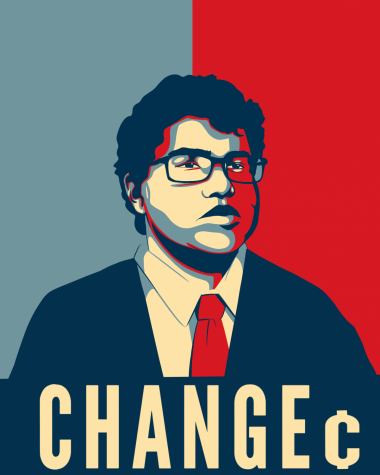What’s next for the Church?

In August of 2018, a bombshell report by a grand jury in Pennsylvania revealed widespread abuse of minors by priests throughout the state. The report detailed how for 80 years, 54 of 67 parishes in the state had been involved in abuse, and how other clergy members had covered it up.
This led to other states beginning similar investigations while countries around the world also reported their own cases. Facing intense scrutiny, Pope Francis called for a meeting from Feb. 21-24 of this year, involving most of the bishops from around the world (with the exception of those currently arrested and on trial for sexual abuse). The hopes of the meeting are to both address and solve the issue of sexual abuse currently plaguing the Church.
In the weeks leading up to the meeting, reports have slowly trickled out over what the as-of-yet undisclosed agenda will be, helping onlookers have better understanding of what will take place. For example, interim director of the Vatican press office, Alessandro Gisotti, has said that the meeting in Rome “has a concrete goal: That all of the bishops clearly understand what they need to do to prevent and combat the worldwide problem of the sexual abuse of minors.”
It seems as though the aim of the meeting is not so much reform of policies as it is education for bishops. That seems to avoid directly addressing and tackling the issue, in favor of a sort of education for bishops. Admittedly, no true agenda has yet been announced, so it is difficult to properly gauge what will truly take place at the meeting.
While there is nothing inherently wrong with educating the bishops, it does seem a bit lackluster considering everything that has happened. Something more fitting would be updating existing Church policies and canon law to better reflect the situation. Current policies and law do not adequately address nor solve the issue, due in part to how they work. When it comes to things such as investigation and punishment, everything happens internally.
Along with that is broad language, which allows for much leeway when it comes to actually making convictions. Changing the law to better account for possible loopholes, along with adding guidelines on what priests and bishops involved in this process should do, could lead to results that better favor the victims and more adequately punish offenders.
Another option would be to follow in the footsteps of Canada’s bishops, who recently wrote a document with guidelines on how to deal with abuse called “Protecting Minors from Sexual Abuse.” The nearly 200-hundred page document details everything from the effects of sexual abuse to guidelines and resources for properly handling the issue. It’s a well-written document that raised attention in Rome, with one of the leaders of the upcoming meeting, Jesuit Father Federico Lombardi, even being quoted as saying the guidelines provide a “significant example” of a document that properly addresses the issue. The adoption of the document, or something similar, would be a step in the right direction, and would hopefully lead to more change in the future.
In an era where movements such as #MeToo have come to define a generation of change, it is now the Church’s turn to follow these movements. The upcoming meeting is the first step in the right direction. Yet, it’s importance has become slightly undercut by an agenda that doesn’t seem to properly address the issue.
While it is unfair to criticize something that hasn’t yet happened, what is known seems inadequate. Change needs to happen whether it involves changing existing rules or adopting new guidelines. Regardless of what happens, hopefully the outcome is nothing but positive.

In his third year of the Gleaner, Alejandro Rojas, '20, is a senior editor of the paper. A hard worker in and out of the classroom, he is very excited...





